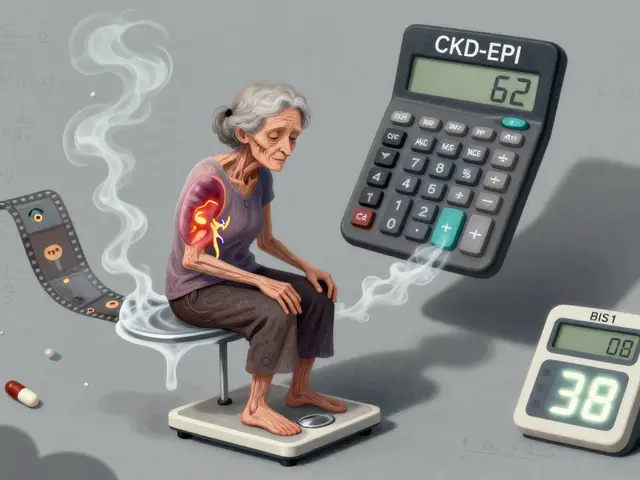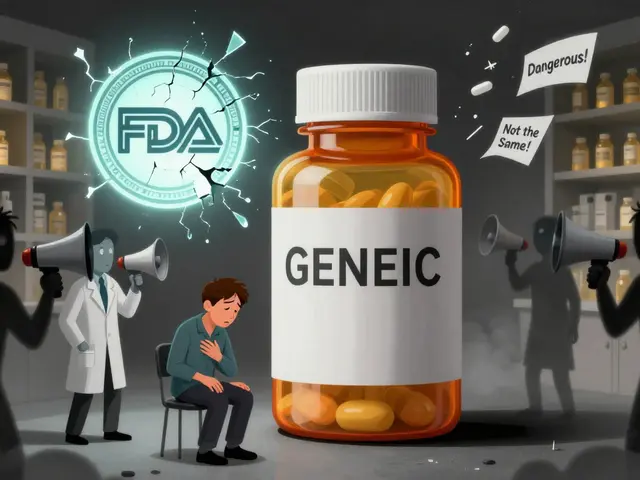Children's Medicine & Safety: Practical Tips for Parents
Giving medicine to a child can feel stressful. You want to help them fast, but one wrong dose or the wrong drug can cause harm. This page gives clear, practical steps you can use right away: how to dose by weight, what meds are safe for common issues, how to buy medicines online responsibly, and when to call a doctor or poison control.
Simple rules for safe dosing
Always use a proper dosing tool — not a kitchen spoon. For many common drugs like ibuprofen (Motrin) and acetaminophen, dose depends on your child’s weight, not age. Your pediatrician or the drug label will show a mg/kg dose range. If you’re unsure, call your clinic. Never double up doses to “catch up.” Keep a dosing log: write the drug, amount, and time given so you don’t accidentally repeat doses.
Avoid adult-strength products for kids unless your doctor tells you to use them and shows the exact dose. Store medicines out of reach and in their original containers. Check expiry dates and discard anything past its date or if packaging looks damaged.
Which medicines are okay and which need a prescription?
For fevers and mild pain, acetaminophen and ibuprofen are common choices — but follow weight-based dosing. For coughs and colds, avoid over-the-counter cold combos in very young children; they often do more harm than good. Antibiotics like amoxicillin or cephalexin (Keflex) should only be used when prescribed for a confirmed bacterial infection. Don't try to treat infections with leftover antibiotics or share pills between family members.
If your child has allergies or a history of reactions to antibiotics, tell your provider. Articles on antibiotic alternatives and allergy cross-reactivity can help you ask the right questions during visits. For chronic conditions — asthma, diabetes, seizures — keep an updated action plan and know exact medication names and doses.
Buying medicine online? Use reputable pharmacies that require a prescription for prescription-only drugs. Watch for sites offering prescription meds without asking for a prescription — that’s a red flag. When ordering, check shipping rules, expiry dates on arrival, and that packages are sealed.
Watch for allergic reactions: hives, swelling of the face or throat, trouble breathing — these need emergency care. Also watch for side effects like unusual sleepiness, vomiting, rashes, or behavior changes. If a medicine makes your child worse, stop it and call your pediatrician.
Quick checklist: weigh your child, read the label, use a dosing syringe, log doses, store safely, follow prescriptions, and ask your doctor if you’re unsure. Keep your clinic and local poison control numbers handy. Small steps like these prevent most medication mistakes and help your child get better faster.
The Importance of Iron in Brain Development: Preventing Anemia in Children
As a parent, I cannot stress enough how crucial iron is for our children's brain development. It plays a vital role in producing neurotransmitters and maintaining healthy cognitive function. Unfortunately, iron deficiency, leading to anemia, can negatively impact their learning abilities and overall growth. So, let's make sure we provide a balanced diet rich in iron, including foods like red meat, poultry, beans, and leafy greens. And don't forget to consult your pediatrician about iron supplements if needed - let's give our kids the best start in life!





